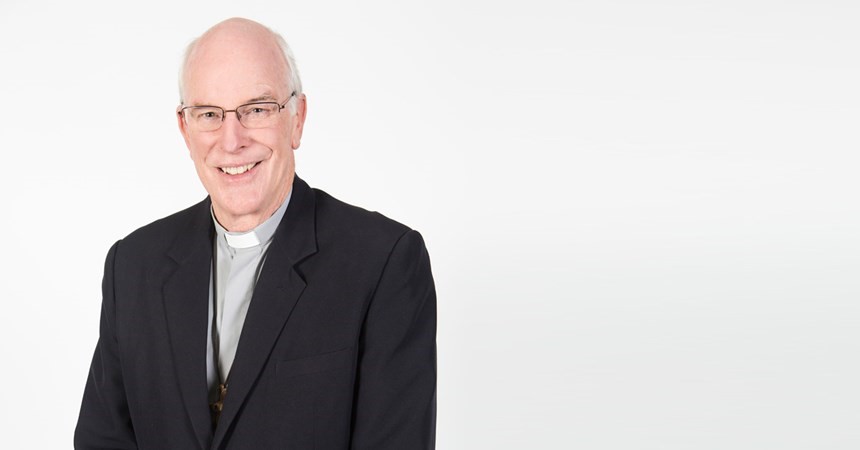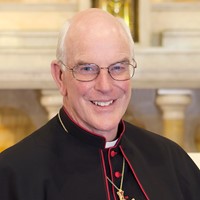The Concise Oxford by my desk gave no guidance on the matter, but Google revealed that ‘agreance’ is a real word. Even the Oxford Dictionary acknowledges it, admittedly as ‘obsolete’, a French-derived word that surfaced in English in the 16th century, hung around in legal circles for a while, then departed unlamented into the wilds of Scottish usage. Other dictionaries thought it was in use in places like New Zealand that had more than their fair share of Scots. One online word detective thought he had traced its first contemporary surfacing to someone in Texas about fifteen years ago. Texans! I wouldn’t put it past them.
One authority, however, thought it might be a useful word, expressing one of those subtle nuances of meaning for which English has stored up its million-and-more words. Whereas ‘agreement’ is a thing I give or make, ‘agreance’ is my internal state when I in fact agree with something. Hmmm. Anyway, ‘agreance’ is apparently here to stay, though more in the spoken word than written, I suspect. It looks a bit dodgy on the page, don’t you think?
Another bit of language that has changed is the use of ‘Father’ as a title or form of address for a Catholic priest. Yes, I remember, as you may, the time when it was almost a mortal sin to call a priest anything but Father. And I thought, as you may, that it had been ever thus. But years ago I stumbled on a letter of William Bernard Ullathorne’s, the chap who was Vicar-General here in the 1830s. When he returned to England in 1840 he was quite put out to find that all priests were being called ‘Father’. A Yorkshire man, and therefore naturally conservative, he considered this practice ‘an innovation and an affectation’. Previously members of some religious orders had been the ‘fathers’, but ‘the Reverend Mister Ullathorne’ had been good enough for our William. Like clerical collars, benediction and the forty hours devotion, in 1840 ‘Father’ was one of those new-fangled things being brought into English Catholicism from Italy. They had that foreign look about them. Of course, if Ullathorne had lived four centuries earlier he might have taken umbrage at being called ‘Mr Ullathorne, the priest’ rather than the good old-fashioned ‘Sir William, the priest’. What is right and natural, what is traditional, often depends on how far we remember back.
Then again, when I was a student at Sydney University in the late ‘70s we still had three academic terms and they were ‘Lent, Trinity and Michaelmas’, as they had been for centuries. Getting rid of terms effectively got rid of those names, which was probably just as well because by now they would be deemed offensive to much of the population, if not actually already declared illegal. But somehow ‘Semesters I and II’ don’t have the same resonance. Of course, universities themselves aren’t what they used to be, as recent developments in Newcastle have again demonstrated. Classics, philosophy and theology may be central to intellectual life in the Western tradition, but let’s face it, there aren’t many jobs in them.
Mention of ‘Michaelmas’ (always pronounced ‘mickle-mus’) of course turns my mind to Christmas, which is steaming down upon us. I assume that most people know that the name is derived from ‘Christ’s Mass’, the feast of the birth of the Saviour, messiah or ‘Christ’. But I may be quite wrong. Perhaps most people don’t know that and think instead that the celebration is named after Father Christmas. Perhaps that’s why the name hasn’t yet been banned. Admittedly the Americans are a fair way down the track with their cheery greeting of ‘Happy holidays’, and that trend is noticeably growing here. But Christ has fared better in that regard than the Queen, whose official birthday is only ever referred to as the June long-weekend.
All in all, changes happen, in life as in language. Some are good, some not so. As you get older, you get more philosophical about that. We hardly ever like changes to our customary ways, but we learn to grimace and bear it. The trick is to distinguish and cling to those things that do not change, the things that are eternal. I trust I have your agreance on that.

